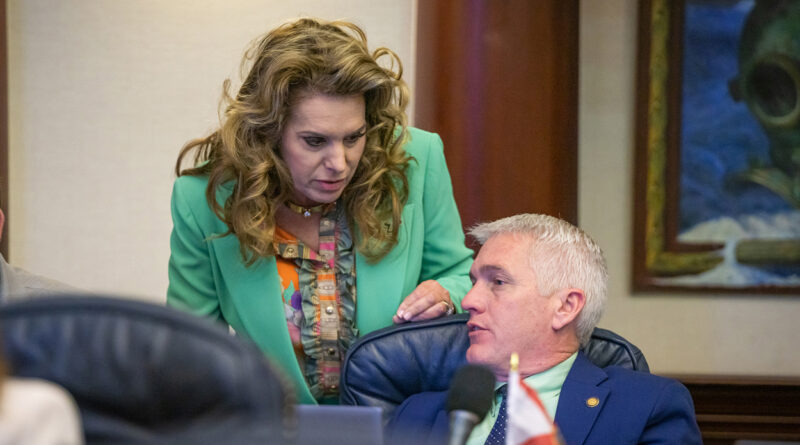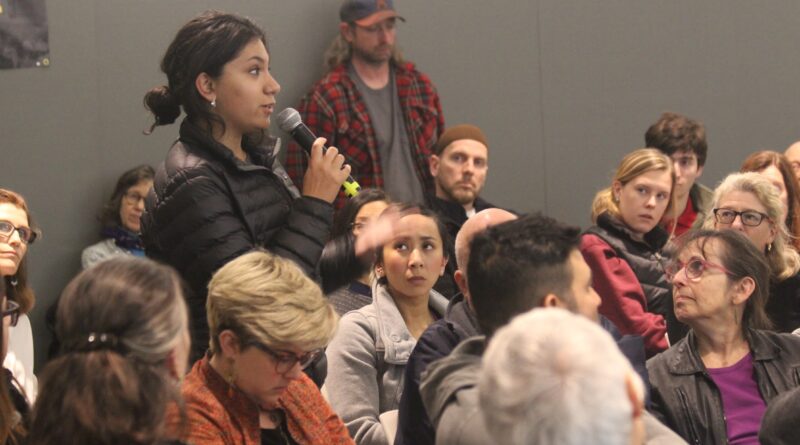Wisdom: The Organizing Virtue
What happens when leadership confuses force with wisdom?
Learn a 3-step pause to outthink panic and regain control over decision-making. We are living in a moment when reactivity often masquerades as strength. Foreign policy escalates without proportion. Economic decisions shift with the winds of applause. Dissent is treated as disloyalty. But courage without wisdom becomes recklessness. Justice without wisdom becomes punishment. Temperance without wisdom becomes denial. Something essential is missing when judgment fails at scale.
In this new essay, I reflect on what Stoic wisdom actually looks like — not as abstraction, but as disciplined judgment under pressure. From sleepless nights of personal uncertainty to watching national decisions unfold, I explore why wisdom is the organizing virtue that keeps both a life and a nation from unraveling.
Read more in Wisdom: The Organizing Virtue.
Read more










